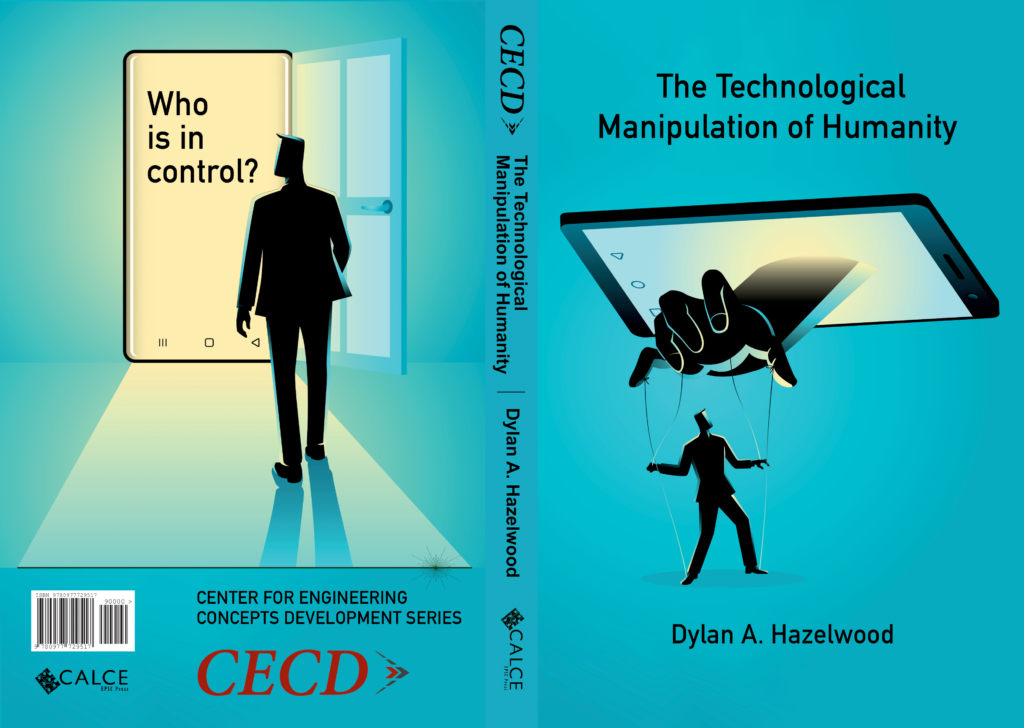
As companies vie for our attention from the moment we awaken to the time we sleep, they have gone to extraordinary lengths to enable, direct, and monetize our obsessive human tendencies. Choices are made for us by systems every day, both overt or subtle, and our acquiescence accelerates our loss of control. The Technological Manipulation of Humanity, written by Dylan A. Hazelwood, CECD, asks the question: as technology becomes ubiquitous, are we still in control of our choices and actions?
During the covid-19 pandemic of 2020, countries were severely underprepared to provide for even basic necessities and control the spread of the disease despite advanced technologies. Instead, technology was used most effectively to increase the surveillance and control of citizens. Political forces and their affiliates are now using a combination of extraordinary amounts of our personal data combined with psychological manipulation to get our vote for their political party. While technology can be an influence multiplier for individuals and their causes, ultimately, we are being tracked, targeted, and individually manipulated as pawns of those who seek power.
Companies are rapidly creating new online marketplaces without effective oversight, where children are selling their time, energy, and innocence to the highest bidder. Who will protect kids from those who would use technology to manipulate and harm them, all in the interests of generating corporate profits? Our health is also under threat. Our food is being manipulated for profit by companies who have developed and adopted extraordinary new technological tools to do so. As a result, record levels of obesity, diabetes, and other ailments are widespread.
We observe that technology is intentionally misused, but we also must deal with the unintended consequences of the technologies engineers create. As educators, we also need to recognize that college students want more from their educational experiences and look to positively impact society. Can we change the mindset of those who will create future technologies to avoid negative and unwanted consequences? Is there any way for technological developments to increase our happiness?
